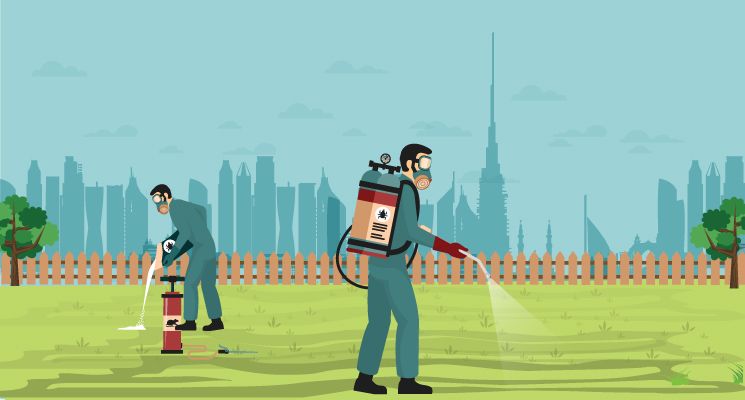The word “pest” has many meanings. Words like annoying, troublesome, nuisance, destructive, and injurious come to mind. What kinds of pest situations do you have in your life?
I’m not talking about the normal insect and rodent pests. How about the people, situations, and negative thinking that can make your life miserable? Do you ever give this much thought?
It’s very easy to go through your life and continue to cope with troublesome situations in the same old way. The reason for this is because we don’t take the time to think about what’s truly bothering us. How can we remedy a situation that we don’t understand?
In order to move forward in our lives, we need to rid ourselves of, or keep our distance from emotional and physical roadblocks that get in our way. Using our highly sensitive deep-thinking and reflective capabilities will help us chart a positive course of action.
It’s ironic that I’ve been in the pest management industry for over 30 years. I’ve never thought of using the principles of integrated pest management (IPM) in my daily life.
IPM is a coordinated approach to pest control that is intended to prevent unacceptable levels of pests by the most effective means with the least possible hazard to the environment. Physical controls such as fixing openings where pests can enter a building will provide permanent control. Pesticides are only used as a last resort when other controls are inadequate. Sometimes the most obvious way of taking care of a problem is not necessarily the best way.
You can apply this IPM principle to your life by:
- Monitoring and identifying the pest. Who or what is bothering you? Is there a person, situation, or personal negative attitude causing unusual distress? What do you want to accomplish? Not all pests require control. Many problems aren’t serious and don’t need to be controlled. We can learn life lessons from difficult people and situations. Many pest problems require acceptance, and maybe that’s all that’s needed.
- Prevention. What preventive steps can you take to prevent problems? Perhaps you need to establish boundaries or stay away from negative influences. Maybe a vacation or more time alone is needed to clear your mind.
- Control. Once you’ve established what your pest problems are and have taken preventive measures, the most important question is: How do you control them? You can better control a situation when you have an awareness of it. Better control comes from a long-term strategy.
You can control your circumstances better than you think. There’s no need to feel powerless. When you take the initiative to get to the root of your unhappiness, you’ll take the steps needed to make your situation better.
What “pests” do you have in your life? How do you handle them? How can you handle them in the future? I’m interested in any thoughts or comments that you have.

